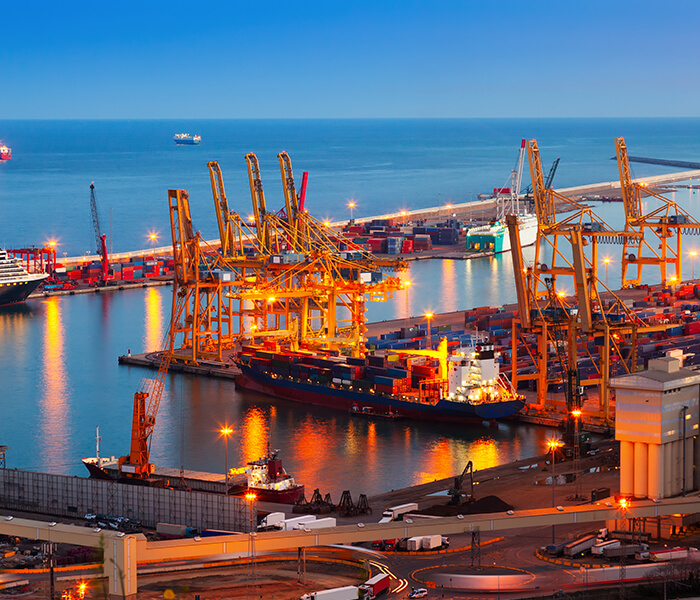Navigating Success: The Logistics Marvel of Dubai
Dubai, a city that has risen from the desert sands to become a global metropolis, is not just a symbol of luxury and opulence. It’s also a logistics hub par excellence. Nestled strategically on the crossroads of Europe, Asia, and Africa, Dubai has transformed itself into a logistics and transport powerhouse, making it a linchpin in global supply chains. In this blog, we’ll explore what makes Dubai’s logistics industry so remarkable and how it continues to shape the region’s economic landscape.
1. Location, Location, Location:
Dubai’s geographical location is the cornerstone of its logistics success story. Situated at the heart of the world’s fastest-growing markets, Dubai serves as a pivotal link between East and West. Its proximity to major markets in Europe, Asia, and Africa makes it an ideal transshipment point. The city’s strategic location has led to the development of world-class infrastructure and transportation networks.
2. World-Class Infrastructure:
Dubai’s commitment to investing in cutting-edge infrastructure is evident in its sprawling ports, airports, and road networks. The Jebel Ali Port, one of the largest container ports globally, handles millions of containers annually, and the Dubai International Airport consistently ranks among the busiest in the world. These modern facilities have transformed Dubai into a global logistics and trade center.
3. Free Zones and Business-Friendly Policies:
Dubai offers businesses a range of free zones, each tailored to specific industries. These free zones provide numerous incentives, including 100% foreign ownership, tax exemptions, and simplified customs procedures. Companies operating within these zones enjoy a conducive environment for warehousing, manufacturing, and distribution.
4. Technological Advancements:
Dubai is at the forefront of embracing technological innovations in logistics. The city has been experimenting with futuristic concepts such as drone deliveries and autonomous vehicles to enhance efficiency and reduce delivery times. Smart ports and customs processes are streamlining the movement of goods, making Dubai even more attractive to businesses.
5. Air Cargo Excellence:
Dubai’s Al Maktoum International Airport, part of the Dubai World Central complex, has become a major hub for air cargo. It offers state-of-the-art facilities and is strategically located for efficient global distribution. The growth of e-commerce and the need for fast shipping have further solidified Dubai’s position as a global air cargo leader.
6. Multimodal Connectivity:
Dubai’s logistics success is not limited to air and sea transport. The city boasts an extensive road network, connecting it to neighboring countries in the Gulf Cooperation Council (GCC). The Etihad Rail project, currently under development, will provide a rail link that connects the UAE’s key cities and ports.
7. Sustainability Initiatives:
Dubai is also taking steps to ensure that its logistics industry remains sustainable. Efforts are underway to reduce carbon emissions and adopt eco-friendly transportation solutions, aligning with global sustainability goals.
Conclusion:
Dubai’s logistics industry is a testament to what vision, strategic planning, and relentless investment can achieve. As a global logistics hub, it serves as a bridge connecting businesses and markets around the world. With its strategic location, world-class infrastructure, business-friendly policies, and technological innovation, Dubai is well-positioned to continue its logistics marvel, playing a pivotal role in global trade for years to come. Whether you’re an entrepreneur looking to expand your business or simply fascinated by the logistics world, Dubai’s story is one that continues to inspire and awe.

